UK Specialists in premium wines made by independently owned winemakers
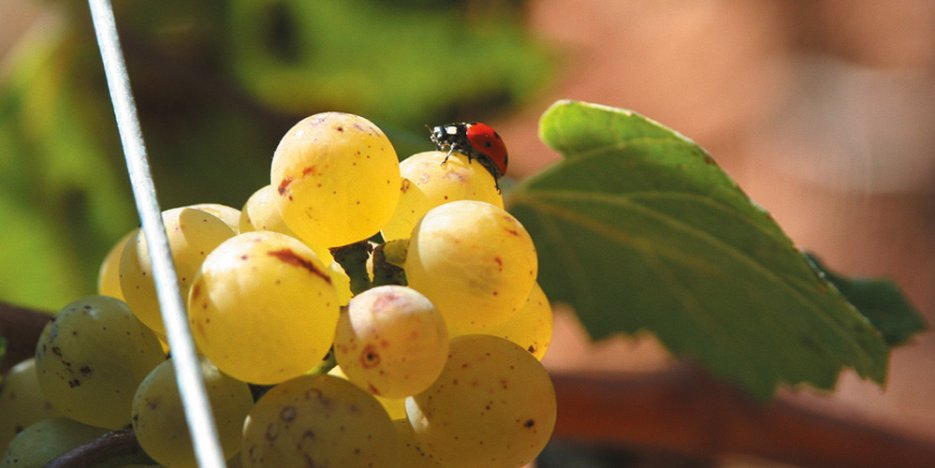

At Hatch Mansfield, we take sustainability very seriously. Over the last decade we have looked very hard at the best way to articulate our attitude to the environment, and how best to respond to the challenges involved.

Without exception our producers consider the impact of vine growing and wine making on the environment, constantly searching for ways to minimise this. Some are pioneers in the field; Caliterra was one of the first wineries in Chile to obtain sustainable certification and the first to achieve Carbon Neutral status by utilising natural offsetting, thereby removing the need for carbon offsetting. Others, such as Louis Jadot and M.CHAPOUTIER, include biodynamic and organic practices within their estate.
For more detailed information on our producer’s environmental efforts please follow the link below to our sustainability book
All in all, the message is one –
be sensitive to the environment.
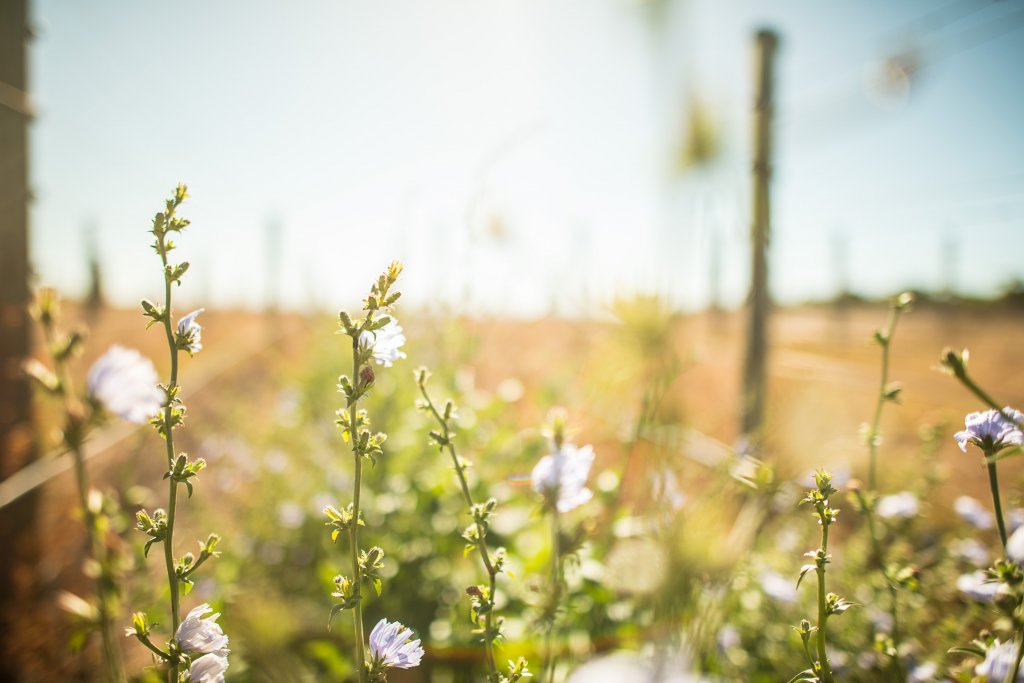
ISO 14001 Accreditation
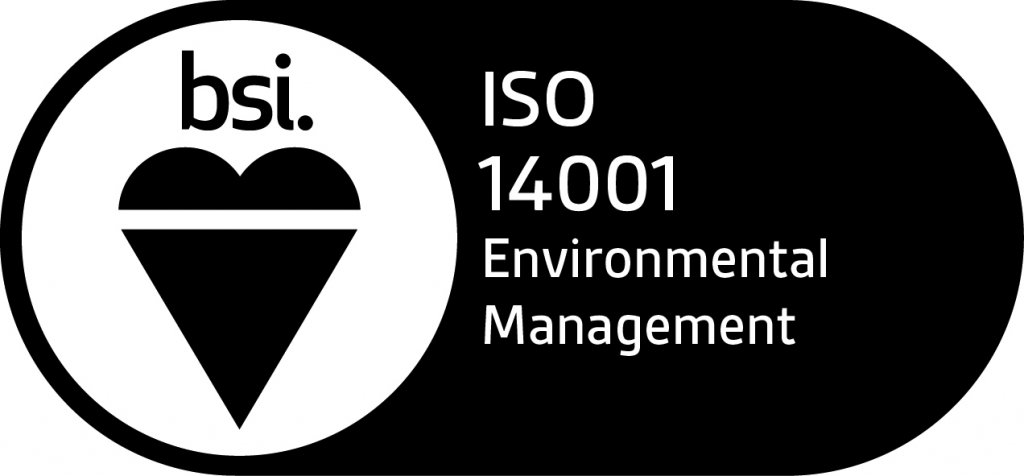
Over the last decade we have looked very hard at the best way to articulate our attitude to the environment, and how best to respond to the challenges involved. We talked to our suppliers, our customers, the trade and our team.
It would have been easy to adopt a couple of big issues and driven them hard and grabbed some headlines. However, easy wins are just that and we wanted something for the long term which is why we embarked on achieving and subsequently maintaining ISO 14001 accreditation.
ISO 14001 is a comprehensive environmental management system and many of our suppliers also have this to manage their environmental impacts through the production chain from vineyard to packaged product. Some of the key features required by ISO14001 include:
- a thorough ongoing analysis of our environmental impacts
- a structured response, policy and plan
- a commitment to continuous improvement and reduction of pollution
- a detailed knowledge of legal compliance
- full engagement with the Hatch Mansfield team
- annual external audits
Some of our recent results have included us reducing office energy usage by 29%; cutting down on fuel emissions by incentivising the use of more fuel efficient company cars; moving to complete ecopackaging for samples; as well as appointing a local waste carrier in line with our environmental policy.
Hatch Mansfield were the first Wine Agency Company to achieve this exacting accreditation.
Carbon Neutrality
In 2013 Hatch Mansfield started working with the Woodland Trust to mitigate our impact on the environment by locking up carbon emissions in the UK through woodland creation. Through this ongoing support we have so far removed over 1500 tonnes of carbon by planting in excess of 7500 native British trees.
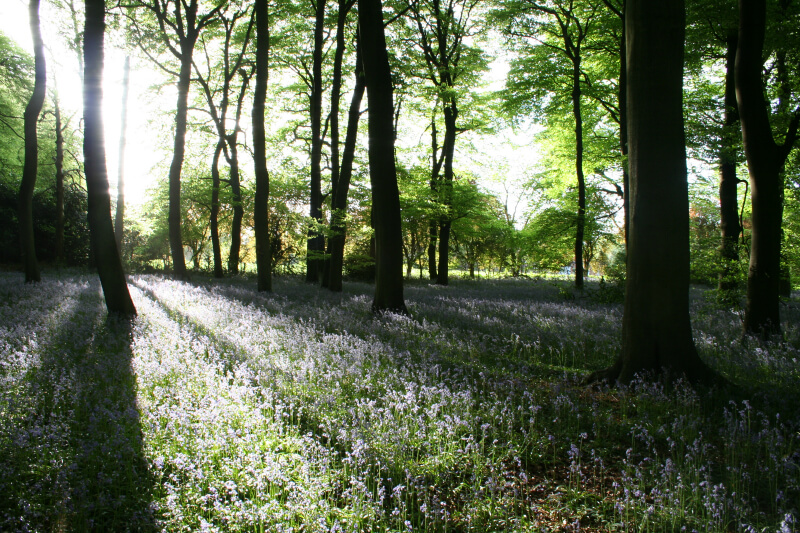
In addition, each year we invite our team and customers to vote for their favoured carbon offset project to address the annual CO2 created by the distribution of our wines from London City Bond, as well as our business travel and office CO2. Partnering with Carbon Footprint; we have offset over 5,000 tonnes of CO2 through various gold standard projects since 2012. The current supported project is the Rimba Raya Biodiversity Reserve Project in Indonesian Borneo, which protects the endangered forest and contributes to a sustainable local economy without deforestation.
In 2020 we have taken this one step further and included all our inbound wine into London City Bond into our calculations, this is the final link in the chain, and as of June 2020 we have achieved Carbon Neutral status as accredited by Carbon Footprint. We are now the only UK agency to hold ISO 14001:2015, BRC Agents and Brokers and achieve Carbon Neutrality.
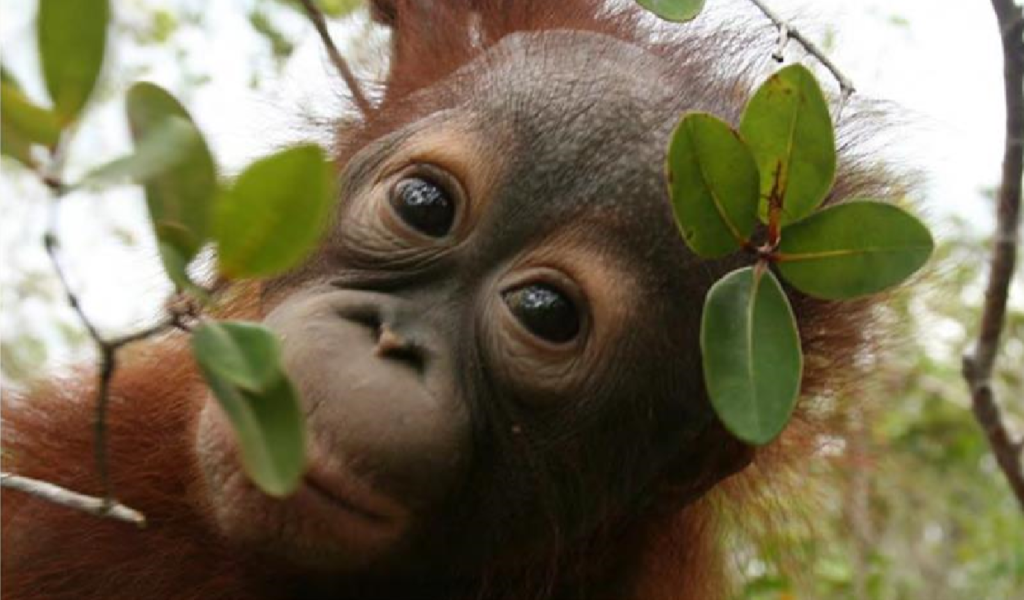
BBKA
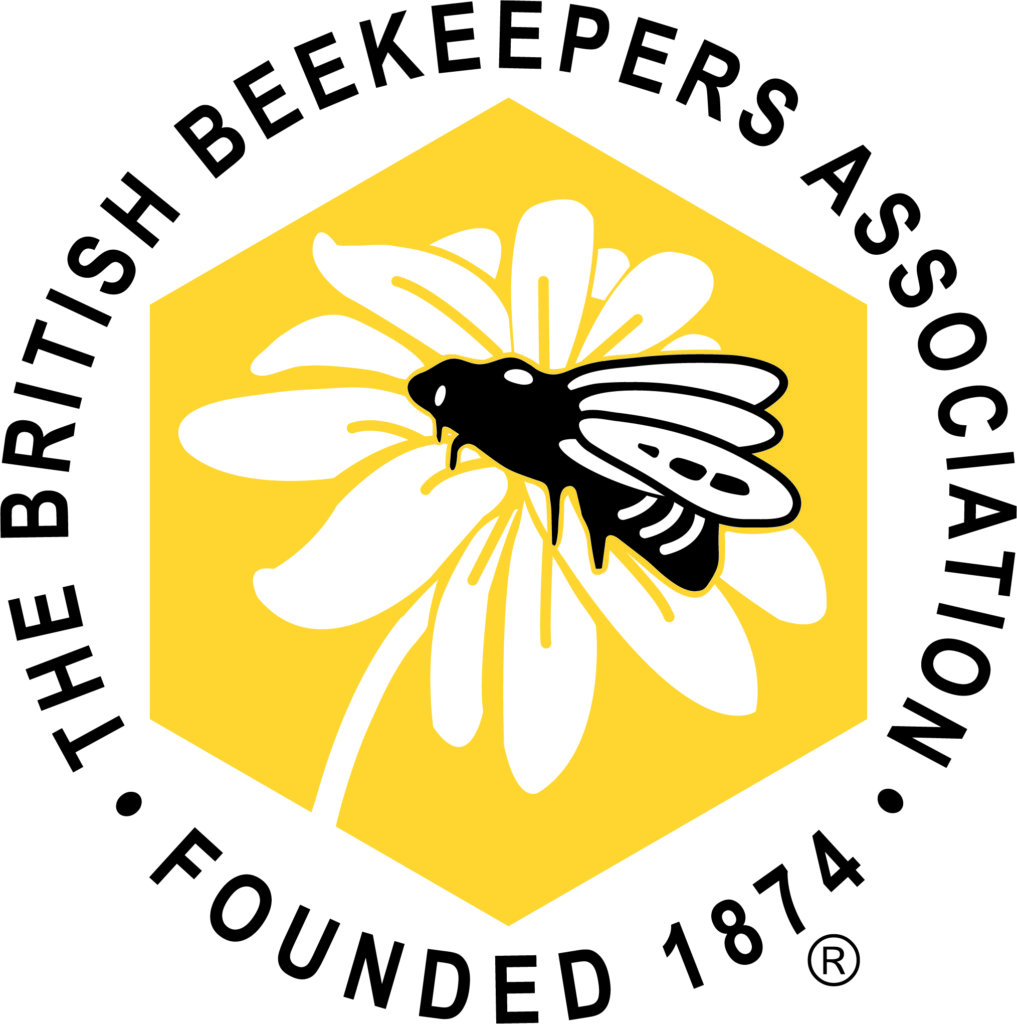
Bees are an important part of our environment and crucial for pollination. Bee hives are a common sight in many vineyards for this very reason. Hatch Mansfield is a corporate supporter of the British Beekeepers Association (BBKA) who aim to further and promote the craft of beekeeping as well as advance the education of the public in the importance of bees in the environment.